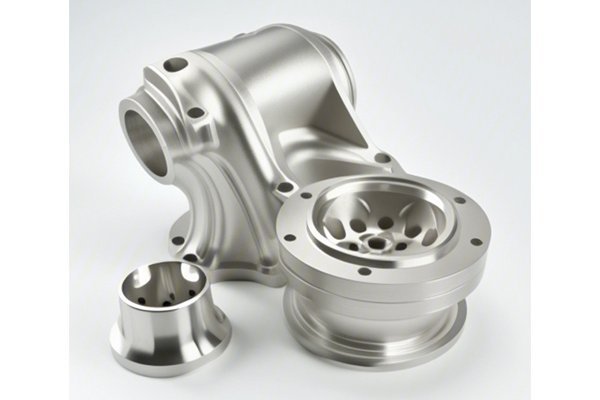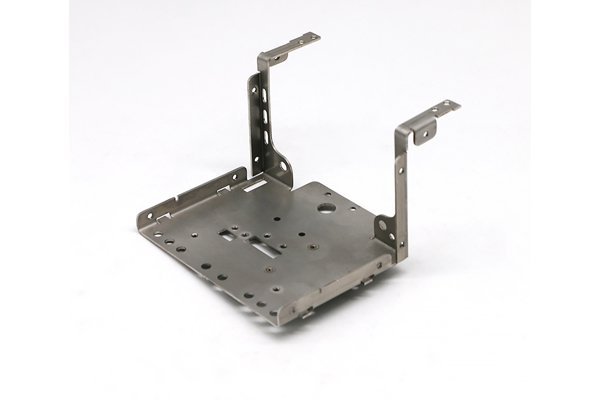Opening
Did you know that the global CNC (Computer Numerical Control) machining market was valued at approximately $63.57 billion in 2020 and is projected to reach around $118.53 billion by 2028? This explosive growth emphasizes how critical CNC machining has become in various industries, including aerospace, automotive, and medical devices. Given the significance of this technology, ensuring that CNC machined parts meet your project specifications is of utmost importance. But what exactly should you consider when accepting these parts?
In this blog, we’ll explore the crucial factors that you need to pay attention to when accepting CNC machined parts. By understanding these elements, you can ensure that your projects succeed and that you receive high-quality components tailored to your needs.
Understanding CNC Machining
Before delving into the specifics of accepting CNC machined parts, it’s worthwhile to get an overview of what CNC machining entails. CNC machining employs computerized controls to operate machinery and tools in manufacturing processes. This technology allows for the precise fabrication of parts from various materials such as metals, plastics, and composites.
While CNC machining offers remarkable accuracy and repeatability, the quality of the finished part depends on several factors, ranging from the design of the part to the type of raw materials used. Therefore, it is crucial to understand what aspects to consider when accepting these components.
Key Considerations When Accepting CNC Machined Parts
The material used is fundamental to the performance and longevity of your finished CNC machined part. Common materials include aluminum, stainless steel, titanium, and various plastics. As you evaluate CNC machined parts, consider the following:
Precision is one of the selling points of CNC machining. It is essential to specify the tolerances for your parts clearly. Tolerances define the acceptable range of variation for the dimensions of the part and directly impact its fit and function. Keep these factors in mind:
Quality assurance (QA) is critical in manufacturing, especially in industries that require precise components. Understanding the QA processes in place will help you gauge the reliability of the CNC machined parts you are accepting. Key elements include:
When accepting CNC machined parts, prototyping can serve as a valuable tool to mitigate risks before full-scale production. The prototyping process allows you to evaluate design, fit, and functionality in a tangible form. Key considerations include:

The project timeline is paramount in maintaining workflow and meeting deadlines. While you want to ensure quality, it’s equally important to ensure timely delivery of CNC machined parts:
The experience of the supplier can make or break the success of your CNC machined parts. Here are several tips to assess the credibility of your supplier:
Having access to design and engineering support is essential, especially if you are involved in complex projects. Consider the following:
CNC machining doesn’t end with the manufacturing process. The post-production services offered by suppliers can add significant value:
Ending
In conclusion, accepting CNC machined parts involves myriad factors that can significantly impact the performance and reliability of your projects. Key considerations include material selection, dimensional tolerances, quality assurance, prototyping, delivery timelines, supplier reputation, design support, and post-production services.
By proactively dissecting each of these areas, you can make informed decisions that enhance the integrity of your projects and contribute to your operational success. In an age where precision manufacturing plays a pivotal role, neglecting these factors could lead to significant setbacks.
Understanding these components and establishing clear communication with your manufacturer can ultimately save you time, money, and stress. Remember, the quality of your final product begins with the details – and it is crucial to think beyond just accepting parts; instead, aim for excellence in every component of your project.






